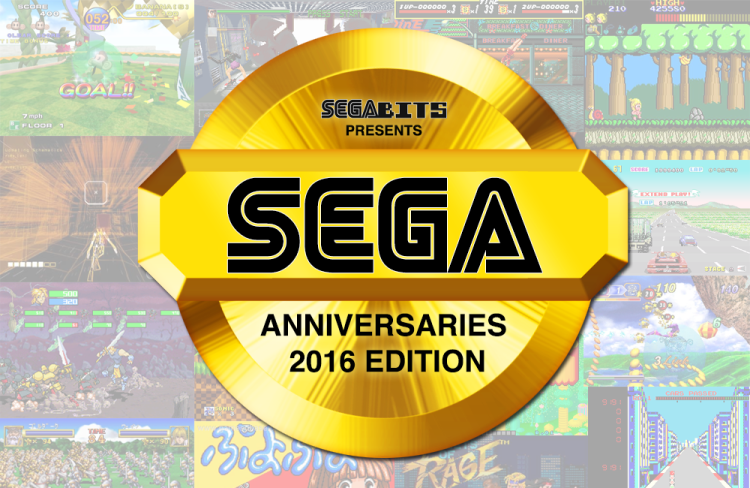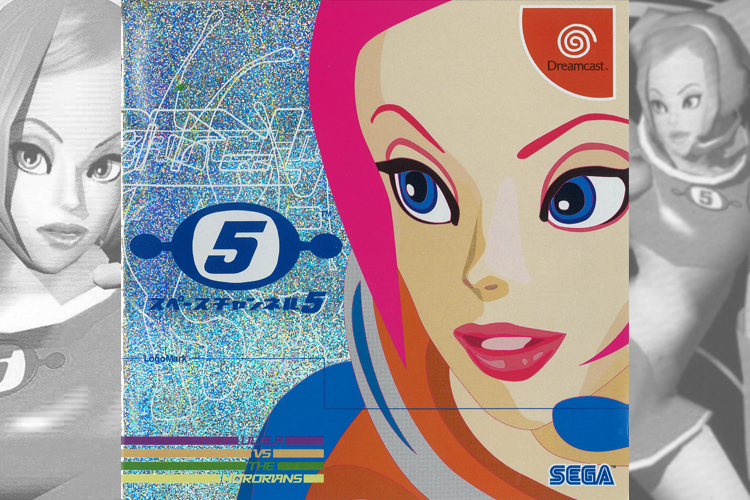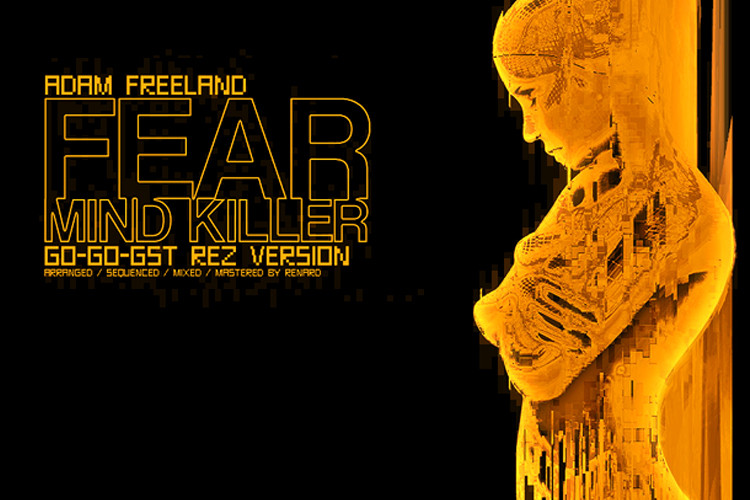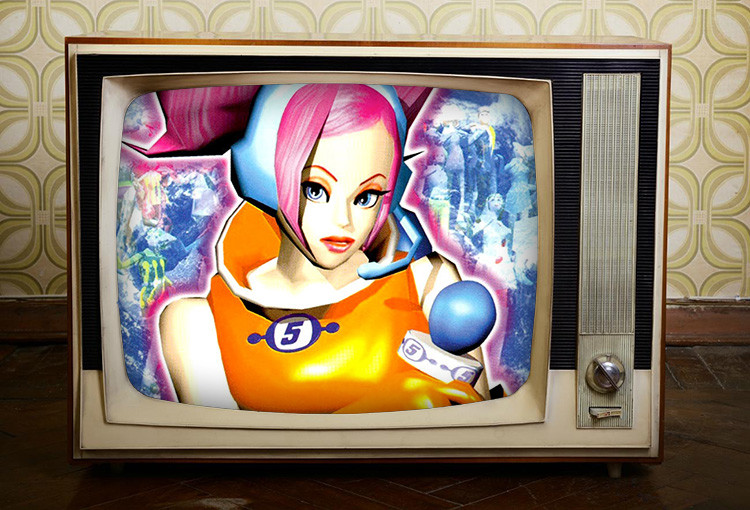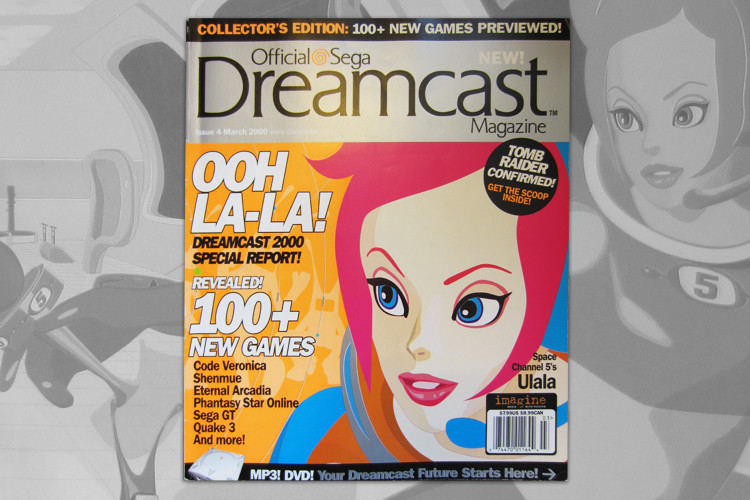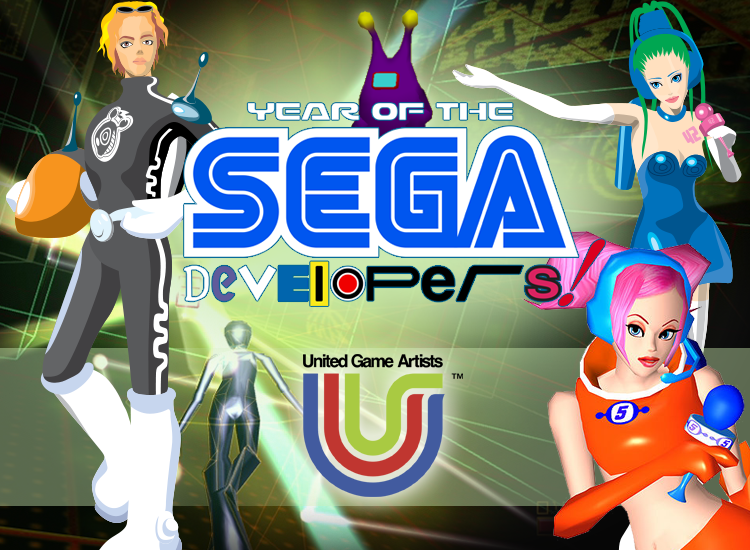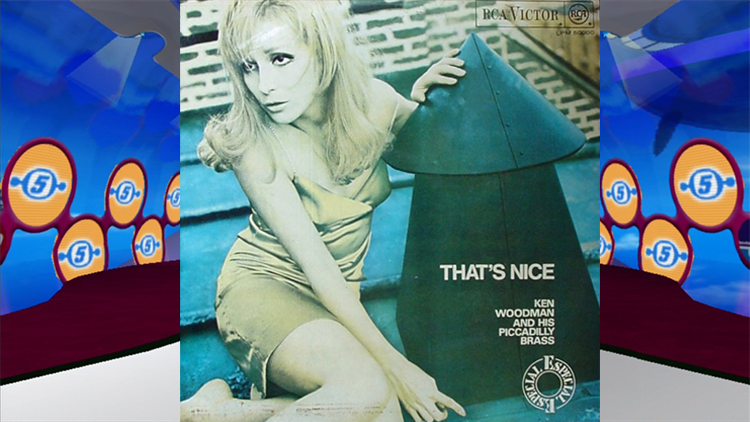
While SEGA music fans celebrate the likes of Jacques, Naganuma, and Mitsuyoshi who created hours of original tracks for iconic SEGA games during the Saturn and Dreamcast eras, its important to remember that SEGA has also relied heavily on pre-existing music licensed for their titles. Samba de Amigo, for example, used contemporary tracks from the likes of German pop group Bellini, Chumbawamba, and Santana, as well as classic music from the 50s and 60s including tracks from the Gipsy Kings, Perez Prado, and Quincy Jones. Jet Set Radio and Jet Set Radio Future also featured several licensed tracks, so many that subsequent re-releases were once in fear of losing iconic tunes thanks in large part to the fact that Crazy Taxi‘s HD release scrapped the original game’s soundtrack which featured Bad Religion and The Offspring. SEGA learned their lesson with Crazy Taxi, however, as the mobile release of the game reinstated the original soundtrack and Jet Set Radio‘s HD release promoted the fact that the soundtrack was largely intact in their marketing of the game.
Internal SEGA development team United Game Artists, known for Space Channel 5 and Rez, put music at the forefront of their titles. Music not only played a part in enhancing the mood, it was a vital part of gameplay. Sure one can play Jet Set Radio or Samba de Amigo with the speakers muted (why would you want to though?), but muting Space Channel 5 or Rez? You might as well unplug the console. Throughout the month of May, SEGA Tunes we will be focusing on both the original and licensed music featured in United Game Artists games. This week, we’re kicking things off with a classic.
Continue Reading ➜

